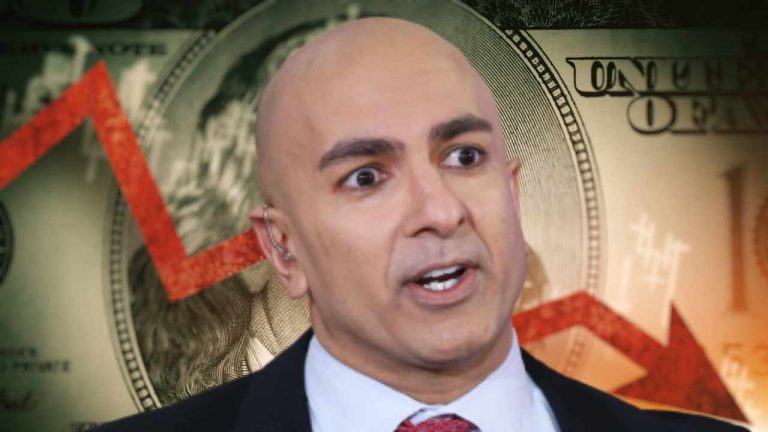Fiji has elected a pro-Bitcoin prime minister, indicating a positive future for Bitcoin adoption in the pacific island country. The newly-elected pro-Bitcoin Prime Minister took the Fijian office on December 24.
One Tongan noble and a former member of the Tongan parliament, Lord Fusitu’a, went on Twitter to share the news from his neighboring nation. Fusitu’a said that he had explained to Rabuka step by step “how Fiji can do Bitcoin legal tender like Tonga,” and there might be two “Legal Tender Bills for the Pacific in 2023.”
Both as Chairman of @GOPAC_Eng Oceania & as a friend & colleague
Congratulations to brother @slrabuka & our GOPAC  ’s @bimanprasad on winning your seats in the Fijian elections-
’s @bimanprasad on winning your seats in the Fijian elections-
And for being elected Prime Minister & Deputy Prime Minister of Fiji respectively.
Toso Viti!
 pic.twitter.com/I5bwdLIQTk
pic.twitter.com/I5bwdLIQTk
— Lord Fusitu'a (@LordFusitua) December 28, 2022
Lord Fusitu’a explained to reporters in Twitter messages that “The new PM is definitely pro-Bitcoin”
“He asked to meet with me which we did via zooms since last year to walk him through step by step, how he could adopt bitcoin legal tender.”
Tonga’s timeline for introducing Bitcoin as a legal tender is public and may pass as early as February 2023. Fiji faces similar economic and developmental challenges to Tonga because of its location and history. Nonetheless, with nearly 900,000 people, Fiji’s population is more than nine times the size of Tonga.
The possibility for Bitcoin to enhance financial inclusion in Fiji is mainly considerable given the nation’s geography and economic situation. Situated in the Pacific Ocean, Fiji is made up of more than 330 islands. It is classified as a middle-income nation but still faces considerable development challenges, including high poverty rates, limited access to financial services and energy dependence on fossil fuels.
 Location of Fiji and Tonga in the Pacific Ocean. Source: Map
Location of Fiji and Tonga in the Pacific Ocean. Source: Map
Interestingly, the World Bank reports that remittance into Fiji is more than 11% of its GDP. Also, while Fiji’s National Financial Inclusion Strategy reports robust growth in financial inclusion in recent years, just 50% of the female population has access to a bank account. Bitcoin may act as a tool to boost remittances and bank most of the unbanked, following El Salvador’s example.
Additionally, Fiji may experiment with Bitcoin mining throughout the volcanic islands. Fusitu’a continued:
“Like Tonga, how to do nationalized Bitcoin mining, specifically how we were going to do geothermal volcano mining so they could both do the same but also make use of their massive hydro and other renewable stranded energy they have, which we don’t.”
Fiji’s 20-year National Development Plan stipulates that all power in the islands have to be generated from renewable sources by 2030. The nation needs an extra 120MW of renewable energy to achieve this target. Bitcoin mining might be the lever that unlocks the renewable energy gains.
Fiji’s approach to Bitcoin is in contrast to the other nations in the Asia Pacific area, such as Vanuatu, which has adopted a highly cautious stance toward crypto. Up to 2021 when it banned the use of cryptos, the Satoshi Island crypto project seemed to pave the way for digital asset adoption.
In general, the election of a pro-Bitcoin prime minister in Fiji is a continuing development. It is yet to be seen how support will translate into solid policy, but the potential for Bitcoin to enhance financial inclusion in Fiji is considerable.
Lord Fusitu’a insisted that Bitcoin could help with GDP remittance by undermining reliance on expensive money transfer services like Western Union:
“Replace commercial retail banking with BTC custody of a citizen’s finances in their pocket on a phone/hardware wallet instead of a commercial bank.”

 1 year ago
45
1 year ago
45 

